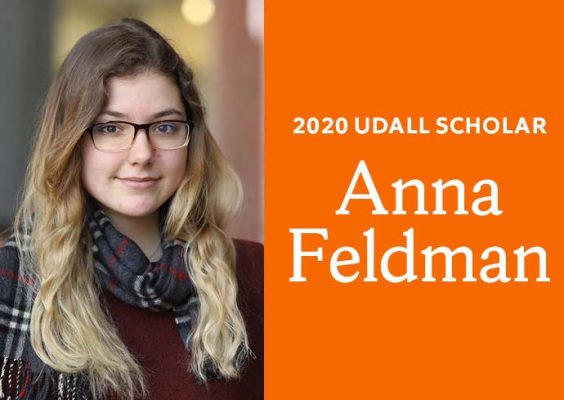Student Innovations Shine at 2025 Invent@SU Presentations
Eight teams of engineering students presented designs for original devices to industry experts and investors at Invent@SU Final Presentations. This six-week summer program allows students to design, prototype and pitch their inventions to judges. During the program, students learn about…


 Anna Feldman, a rising senior in environmental engineering in the College of Engineering and Computer Science and a member of the Renée Crown University Honors Program, was recently named a 2020 Udall Scholar.
Anna Feldman, a rising senior in environmental engineering in the College of Engineering and Computer Science and a member of the Renée Crown University Honors Program, was recently named a 2020 Udall Scholar.